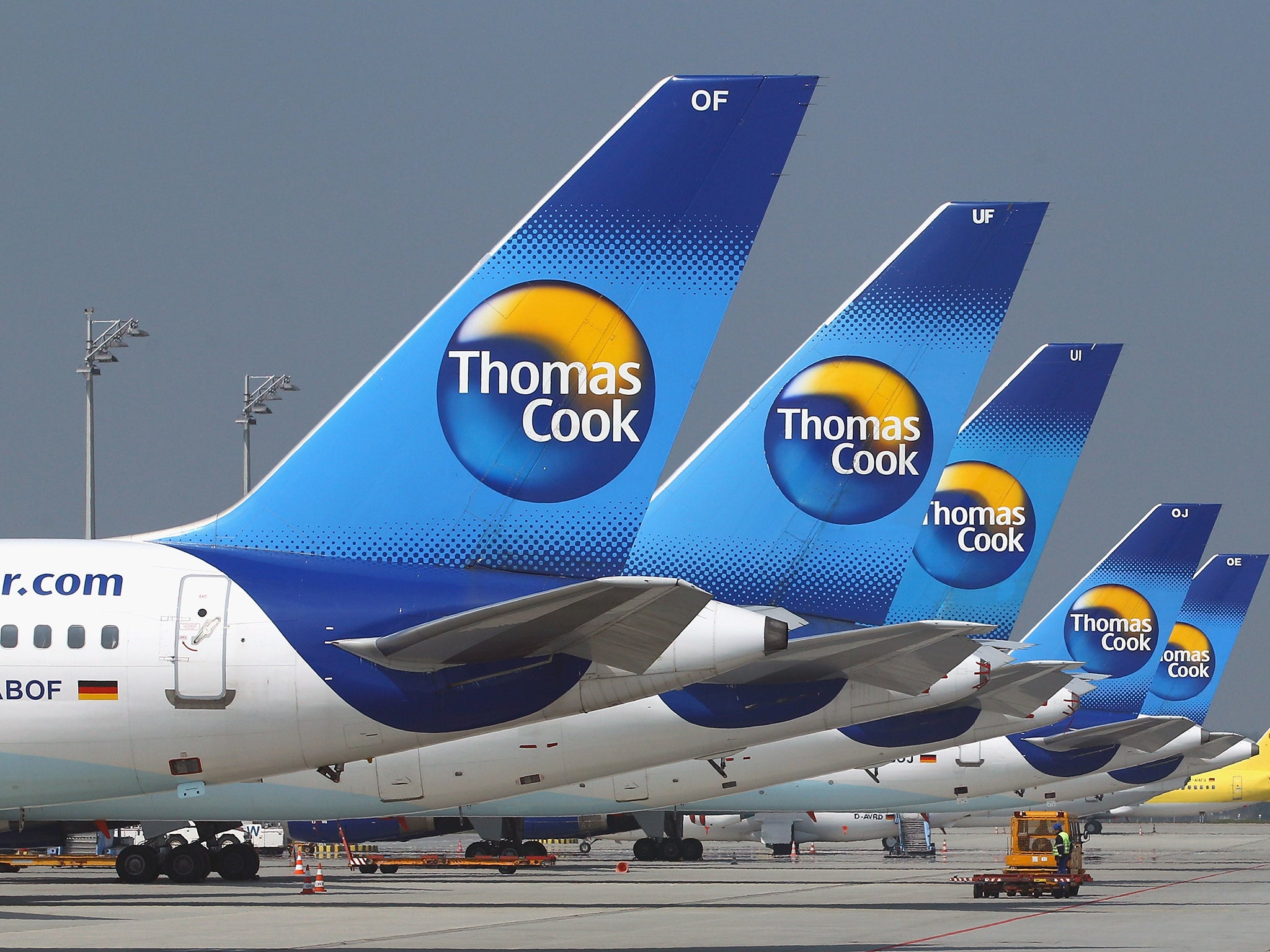The Thomas Cook Story

The recent grounding of Thomas Cook flights marks the end of the oldest and greatest brand in the travel industry. This company pioneered affordable holidays for the mass market.
While nowadays such holidays are (often unfairly) associated with lager-louts, they were originally designed to promote temperance – an unlikely start for a company that for almost 180 years became synonymous with leisure travel.
As the average lifespan of companies is in sharp decline, it is helpful to consider the foundations of a company that grew to a global travel group with a turnover of £9bn/year, around 20m customers, and 22,000 employees. What clues to company longevity can be found in the values of its devout Christian founder, Thomas Cook?
Foremost amongst these was his social vision. Having worked as a child for two alcoholic employers, Thomas came to regard excessive alcohol consumption as a social evil. This compelled him to provide a positive alternative to the distraction and escape of drink.
His alternative was exciting group travel that would increase friendship, broaden the mind, and lift the spirit. It may not sound exciting today but his first such excursion was a train trip from Leicester to Loughborough. It proved a resounding success and more extensive tours followed, all designed for those unable to afford any form of transport.
It was only after Thomas was confronted with the need to provide for his young family that he began to run such tours on a commercial basis, extending them to Europe, the Middle East, the USA, and eventually around the world. By travelling with his passengers, he aimed to be directly accountable to them, and attentive to their needs.
The declared aim of Thomas’ tours was to bring people closer to one another and to their creator. By making it affordable for ordinary people to enjoy the wonders of nature and culture, he sought to make ‘God’s earth with all its fullness and beauty’ accessible to all. His efforts were recognized by Prime Minister William Gladstone, who observed that ‘whole classes have, for the first time, found easy access to foreign countries, and have acquired some of that familiarity […] which breeds not contempt but kindness’.
Economic inclusion, closeness to nature, kindness to strangers, friendship, and the expansion of the soul; these are objectives more readily associated with charities. But they were foundational to this company’s longevity and success. As such they were the grounding of Thomas Cook.
Peter S Heslam
Peter is director of Transforming Business and of Faith in Business, Cambridge.


